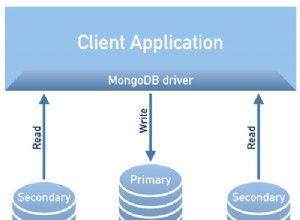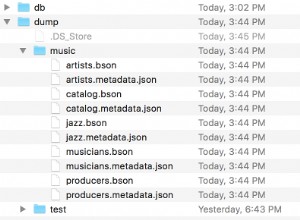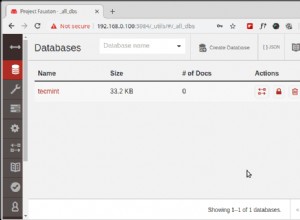Você pode usar a agregação abaixo com mongodb 3.6 e acima
db.User.aggregate([
{ "$lookup": {
"from": "orderTracking",
"let": { "userId": "$userId" },
"pipeline": [
{ "$match": { "$expr": { "$eq": ["$userId", "$$userId"] }}},
{ "$unwind": "$TrackLocation" },
{ "$lookup": {
"from": "locationType",
"let": { "location": "$TrackLocation.locationId" },
"pipeline": [
{ "$match": { "$expr": { "$eq": ["$locationId", "$$location"] }}}
],
"as": "locationType"
}},
{ "$project": {
"_id": 0,
"productTypeName": { "$arrayElemAt": ["$locationType.productTypeName", 0] },
"at": "$TrackLocation.at"
}}
],
"as": "locationType"
}},
{ "$replaceRoot": { "newRoot": { "$mergeObjects": ["$addres", "$$ROOT"] }}},
{ "$project": { "addres": 0 }}
])
Saída
[
{
"_id": ObjectId("59a504eb6171b554c02292a9"),
"city": "Bengaluru",
"country": "India",
"dateOfBirth": "1992-01-01",
"locationType": [
{
"at": "2017-10-11",
"productTypeName": "Warehouse"
},
{
"at": "2017-10-13",
"productTypeName": "On Transit"
}
],
"state": "Karnataka",
"userId": 12,
"userName": "Shahabaz Shafi"
}
]




